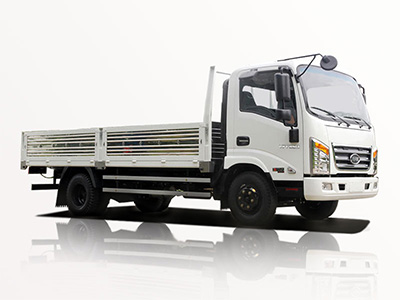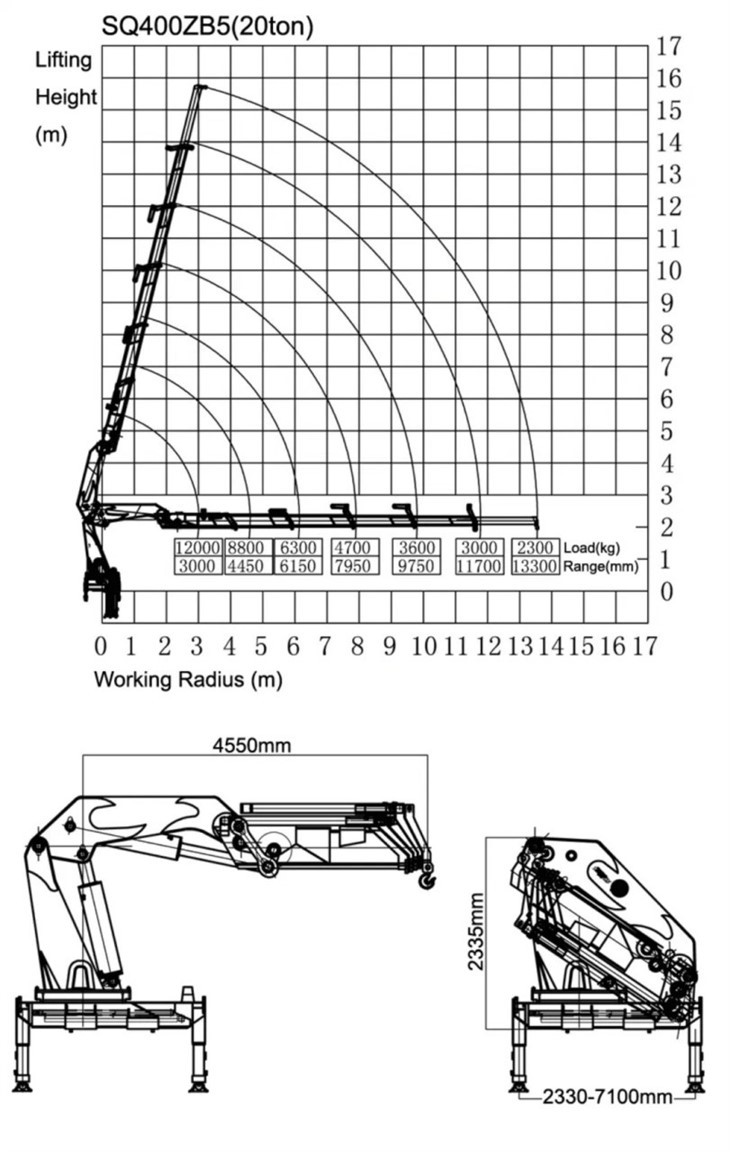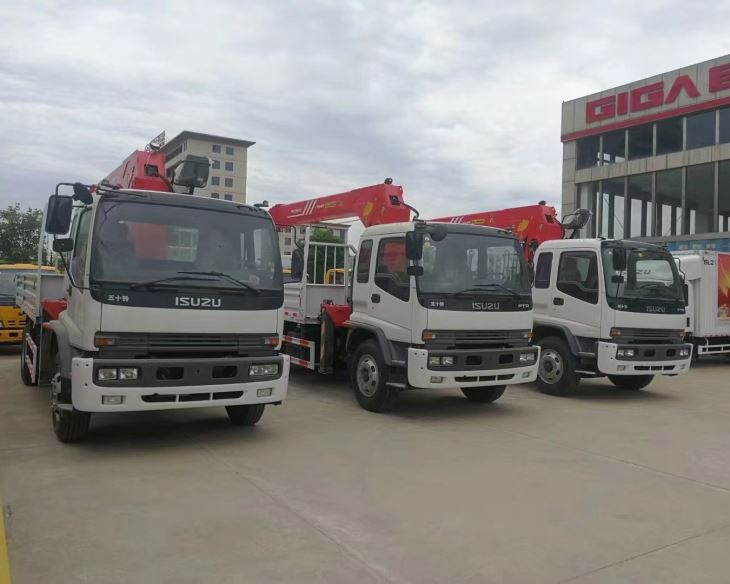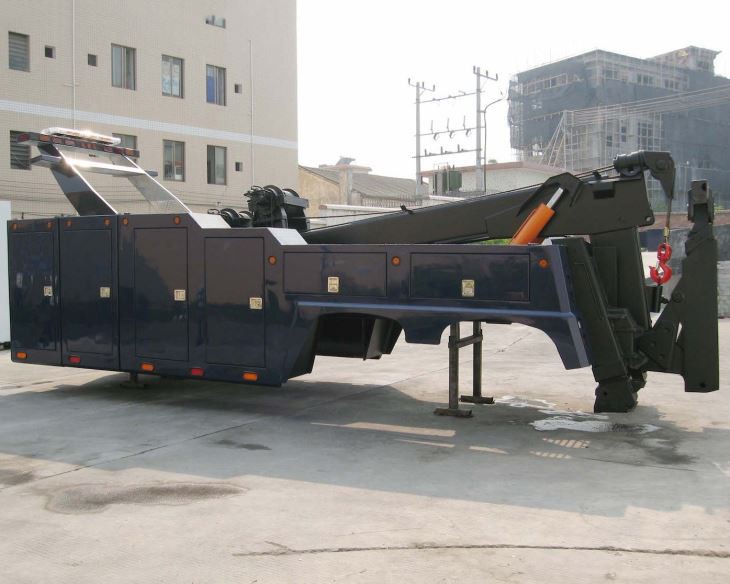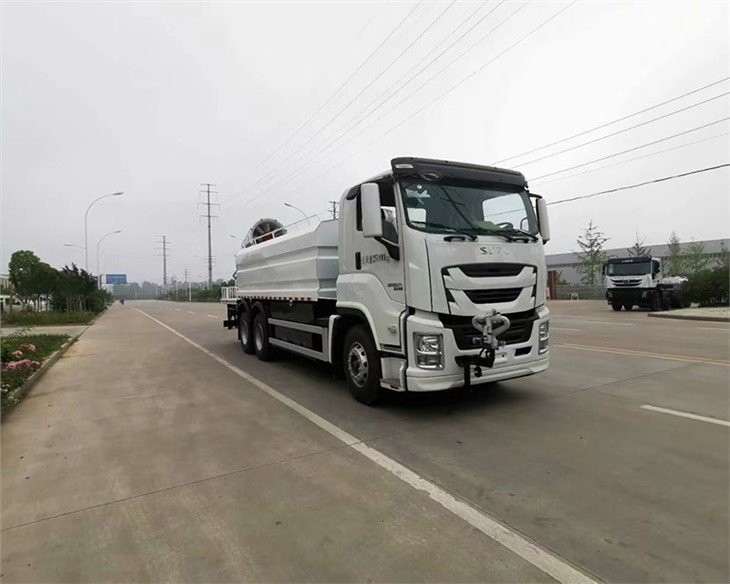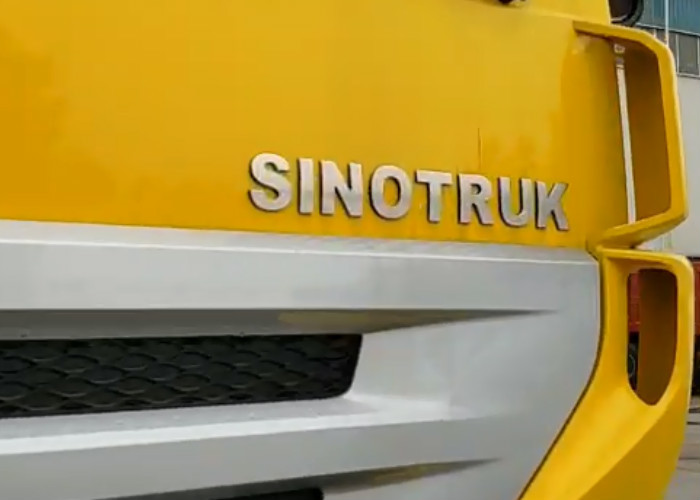When it comes to waste management, garbage trucks play a crucial role in keeping cities clean and sustainable. These specialized vehicles come in various types, each designed for specific tasks and waste types. In this article, we will explore the different garbage truck types, their features, and their functionalities to help you understand how they contribute to efficient waste collection.
Introduction to Garbage Trucks
Garbage trucks have evolved significantly over the years. Initially designed for simple waste collection, modern garbage trucks are engineered with advanced technologies to improve efficiency, safety, and environmental impact. Whether it’s traditional rear loaders or newer automated systems, each type serves a distinct purpose in waste management. Understanding these differences can help communities make informed decisions about waste collection systems.
The Importance of Garbage Trucks in Waste Management
Garbage trucks are essential for maintaining urban cleanliness and public health. They ensure timely collection and transportation of waste to recycling and disposal facilities, thereby minimizing littering and reducing environmental pollution. With the rise of population density in cities, efficient waste management has become more critical than ever, and garbage trucks are at the forefront of this initiative.
Types of Garbage Trucks
1. Rear Loader Trucks
Rear loader trucks are among the most common types of garbage trucks used in residential waste collection. They have an open top for loading waste from the rear, making them ideal for accessing curbside trash bins.
- Features: Typically feature a hydraulic arms system for lifting; can accommodate various container sizes.
- Advantages: Cost-effective; easy to operate; useful in tight spaces.
2. Front Loader Trucks
Front loader trucks are designed to pick up large containers from the front. They are primarily used in commercial waste collection due to their capacity to handle multiple bins in a single trip.
- Features: Equipped with large forks that can lift and dump containers directly into the truck.
- Advantages: Efficient for large volumes; reduces collection time; ideal for industrial waste management.
3. Side Loader Trucks
Side loader trucks use a mechanical arm located on the side to collect waste. This type is particularly popular in regions where collection requires minimal space or when drivers are working in heavy traffic.
- Features: Can operate without the driver leaving the vehicle; offers automated collection.
- Advantages: Safe for drivers; faster collection times; reduces worker injuries.
4. Automated Side Loader Trucks
Automated side loader trucks take efficiency a step further by completely automating the waste collection process. They utilize advanced robotics to perform tasks previously done by drivers.
- Features: Sensors and cameras to navigate; automatic compaction systems.
- Advantages: Increased efficiency; reduced labor costs; improved safety measures.
5. Compacting Trucks
Compacting trucks are designed to compress waste material, maximizing storage capacity. They are ideal for urban environments where space is limited.
- Features: Hydraulic compaction systems; often used in conjunction with other types of trucks.
- Advantages: Increased load capacity; minimizes the need for frequent pickups.
6. Roll-off Trucks
Roll-off trucks are specialized vehicles used for collecting and transporting large containers or dumpsters. They are commonly seen on construction sites and for commercial waste disposal.
- Features: Can transport multiple sizes of containers; equipped with hydraulic rollers.
- Advantages: Versatile in handling large volumes of waste; effective for bulk waste removal.
7. Grapple Trucks
Grapple trucks are used for collecting bulky and oversized items, such as tree branches and large debris. They feature a hydraulic grapple attachment that allows for easier handling of large items.
- Features: Can pick up heavy and awkward shapes; versatile for various waste types.
- Advantages: Effective for yard waste; enhances community cleanup efforts.
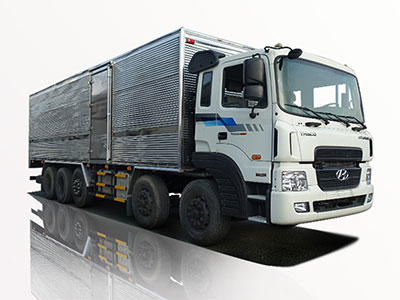
8. Vacuum Trucks
Vacuum trucks are specially designed for liquid waste and are commonly used in industrial cleaning and emergency spill response. They can efficiently suck up liquids and slurry.
- Features: Powerful suction systems; often have storage tanks.
- Advantages: Useful for hazardous waste; reduces manual labor during cleanup.
9. Low-Entry Garbage Trucks
Low-entry garbage trucks offer enhanced safety and ergonomics for drivers by reducing the heights they need to reach to access waste containers, aiding in proper loading.
- Features: Low step-in design; spacious cabins.
- Advantages: Improves driver comfort; minimizes risk of injury.
10. Electric Garbage Trucks
With increasing concerns about climate change, electric garbage trucks have emerged as a sustainable alternative. They operate on electric power, offering a quieter and emission-free solution.
- Features: Battery-powered engines; integration of renewable energy technologies.
- Advantages: Reduces carbon footprint; lowers operational costs over time.
Comparative Analysis of Garbage Truck Types
| Type | Primary Use | Advantages | Best For |
|---|---|---|---|
| Rear Loader | Residential Waste | Cost-effective, versatile | Residential neighborhoods |
| Front Loader | Commercial Waste | Fast collection, large capacity | Commercial areas |
| Side Loader | Residential Waste | Safer, faster collection | Busy streets |
| Automated Side Loader | Residential Waste | Automated, efficient | Urban areas |
| Compacting | Waste Compression | Increased capacity | High-density waste |
| Roll-off | Large Collectors | Versatile, bulk handling | Construction sites |
| Grapple | Bulky Items | Handles oversized waste | Community cleanup |
| Vacuum | Liquid Waste | Efficient for spills | Industrial applications |
| Low-Entry | General Collection | Improves safety | Mixed use |
| Electric | Sustainable Collection | Eco-friendly, cost-effective | Environmentally conscious cities |
Choosing the Right Garbage Truck for Your Needs
Selecting the right type of garbage truck is essential for both municipal authorities and private waste management companies. Consider the following factors:
1. Type of Waste
Different trucks are designed for different types of waste. Ensure your choice aligns with your waste collection needs. For example, if you frequently handle bulky waste, grapple or roll-off trucks are ideal. Conversely, residential block can efficiently be served by rear loaders or side loaders.
2. Volume of Waste
Assess the average waste volume generated in your area. Higher volumes may necessitate front loaders or compacting trucks to facilitate efficient collection.
3. Budget Constraints
Consider your budget for purchasing or leasing garbage trucks. Automated and advanced technology systems, while efficient, may come with higher upfront costs.
4. Local Regulations
Always check local waste management regulations that might dictate specific requirements for garbage trucks to be used in different scenarios.
5. Environmental Impact
Consider investing in electric or hybrid trucks to reduce the environmental footprint of waste management operations. Sustainable options may qualify for government incentives.
Tips for Maintaining Garbage Trucks
Regular maintenance is key to ensuring the longevity and efficiency of garbage trucks. Here are some tips:
1. Regular Inspections
Conduct regular inspections to check hydraulic systems, lifting mechanisms, and overall vehicle integrity.
2. Cleaning
Keep the trucks clean to avoid odors and potential pest issues. Regular washing improves appearance and longevity.
3. Engine Maintenance
Follow the manufacturer’s recommendations for engine servicing to maintain optimal performance.
4. Check Tires
Maintain proper tire pressure and inspect for wear to enhance fuel efficiency and safety.
5. Monitor Load Capacity
Avoid exceeding the recommended load capacity to prevent mechanical strain and accidents.
FAQs About Garbage Truck Types
1. What is the most common type of garbage truck?
The rear loader truck is the most commonly used type for residential waste collection due to its cost-effectiveness and ease of operation.
2. Are automated garbage trucks safer?
Yes, automated garbage trucks are designed to enhance safety by minimizing the need for drivers to exit their vehicles, thereby reducing the risk of accidents.
3. What type of garbage truck is best for construction sites?
Roll-off trucks are ideal for construction sites as they can easily handle large containers and bulk waste removal.
4. How do vacuum trucks work?
Vacuum trucks use powerful suction systems to collect liquid waste, which is stored in a tank for transportation to a disposal site.
5. What are the benefits of electric garbage trucks?
Electric garbage trucks reduce emissions, lower noise levels, and can offer lower operational costs compared to traditional diesel trucks.
6. Can side loader trucks be used for residential areas?
Yes, side loader trucks are often used in residential areas, especially where space is limited or when traffic conditions are challenging.
